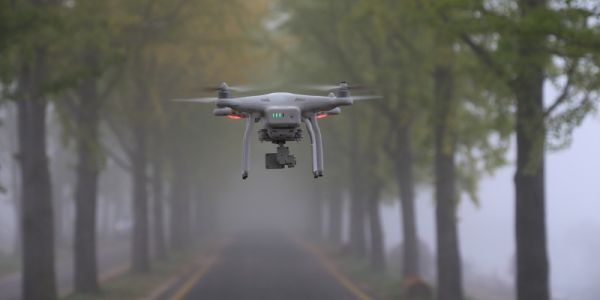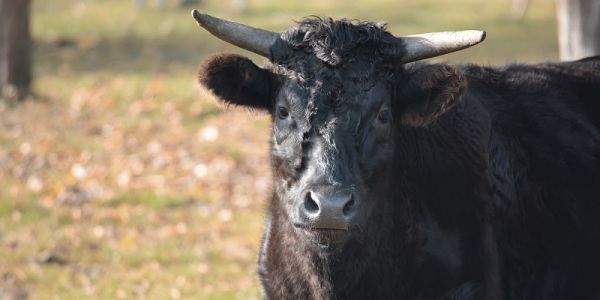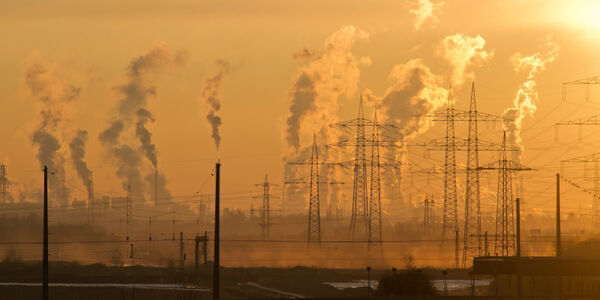
A robotic revolution for urban nature
Drones, robots and autonomous systems can transform the natural world in and around cities for people and wildlife.

Drones, robots and autonomous systems can transform the natural world in and around cities for people and wildlife.

The global food system could drive rapid and widespread biodiversity loss if not changed, new research has found.

For the first time scientists have provided clear evidence that tropical tree lifespan decreases above a critical temperature threshold.

A new study shows that strong and rapid action to cut emissions of carbon dioxide and other greenhouse gases will help to slow down the rate of global warming over the next 20 years.

A major review of palliative care services around the world has highlighted huge inconsistencies in provision, with patients in some countries receiving a fraction of the support provided elsewhere.

Scientists have conducted a ‘molecular dissection’ of a part of the virus that causes foot-and-mouth disease, to try and understand why the pathogen is so infectious.

A new policy institute has launched at the University of Leeds - aimed at strengthening the ties between the University’s world-renowned research community and policymakers around the globe.

A global coalition of leading climate research universities has urged world leaders to act now to avoid catastrophic environmental consequences.

Meltwater lakes that form at glacier margins cause ice to recede much further and faster compared to glaciers that terminate on land, according to a new study.

Rising nitrous oxide emissions are jeopardizing climate goals and the Paris Accord, according to a new international study.